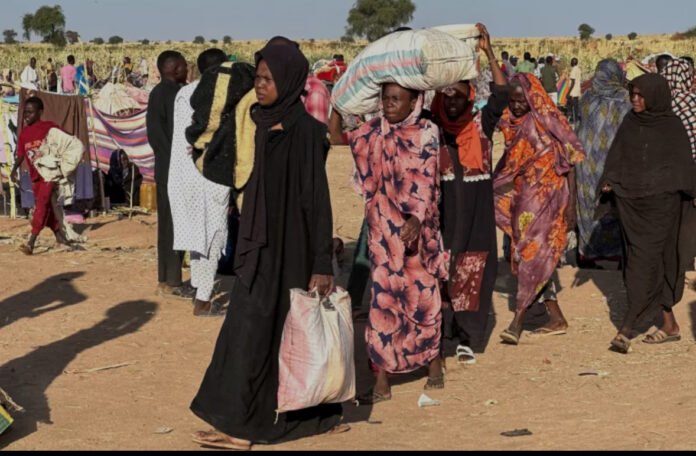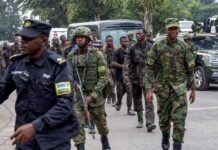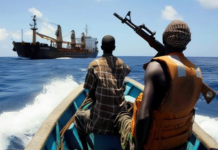By HAN News Desk
NAIROBI — Several senior Somali officials are reportedly at risk of being summoned to the International Criminal Court (ICC) in The Hague over alleged involvement in atrocities taking place in Sudan, according to multiple sources familiar with the situation. The officials, whose names have not been publicly disclosed, are alleged to have played a role—either directly or indirectly—in supporting armed groups involved in the conflict. This support is said to include financial aid, provision of resources, or political backing that may have contributed to human rights violations.
The reports have sparked calls from international human rights organizations for urgent investigations into possible war crimes, highlighting growing concerns over accountability for high-ranking Somali leaders. “The international community is closely monitoring these developments. Any credible link between Somali officials and the ongoing violence in Sudan could have serious legal consequences,” said an expert on East African politics who requested anonymity due to the sensitivity of the issue.
Meanwhile, Prof. Abdirahman Wahaab Sheikh Abdulsamad, an economist and security analyst, has raised concerns over the management and security of key infrastructure in Puntland, particularly Bosaso Port and the city’s airport. Speaking to Somali newspaper SMS, Prof. Wahaab emphasized that these facilities are critical for the region’s economy and trade networks, serving as major hubs for both imports and exports.
He warned that weak oversight, corruption, and threats from armed groups could undermine operations, disrupt trade, and impact regional stability. “The port and airport are lifelines for Puntland’s economy. If governance and security are not strengthened, the consequences could be severe, not just for commerce, but for public safety,” he said.
Prof. Wahaab also urged Puntland authorities and federal agencies to implement stricter management protocols and enhance security measures, including better coordination with local law enforcement and international partners, to safeguard these strategic points.
These developments come amid mounting scrutiny of Somali officials’ conduct both domestically and internationally. Analysts say the country continues to face major governance challenges, including weak institutional oversight, corruption, and security threats from militant groups. The dual concerns—alleged involvement of Somali leaders in external conflicts and internal vulnerabilities in critical infrastructure—underscore the pressing need for reforms that strengthen accountability, protect trade and transport systems, and ensure Somalia meets its obligations under international law.




